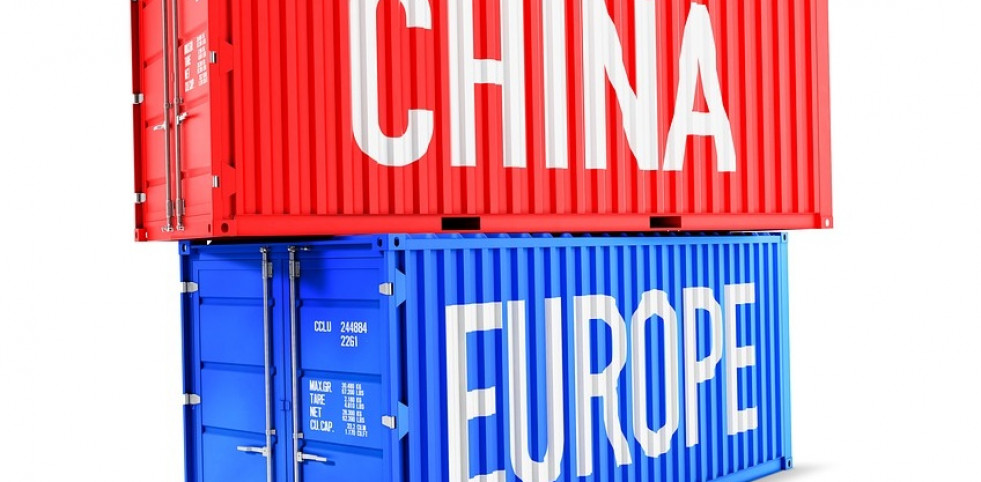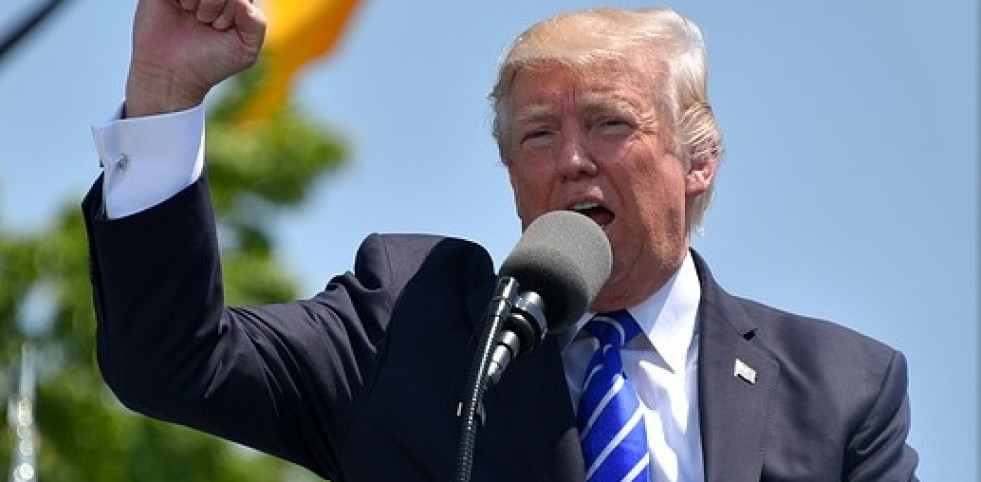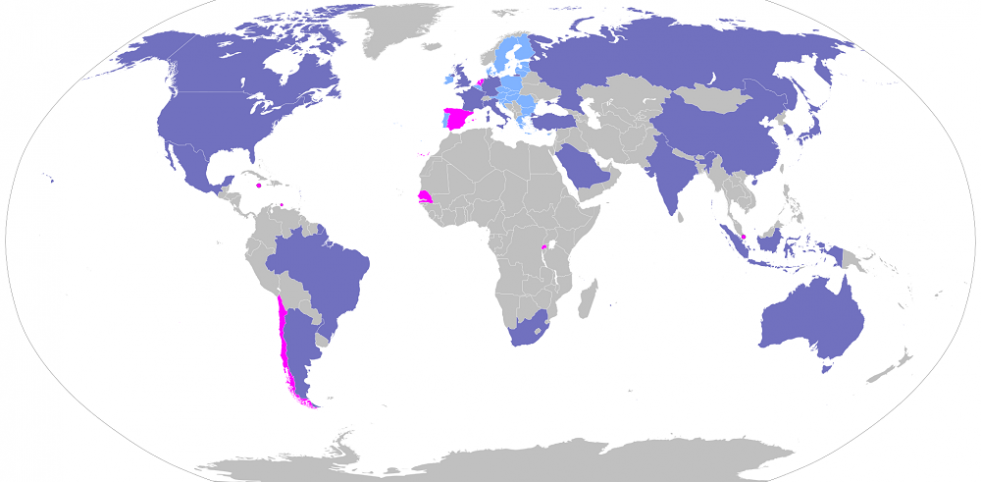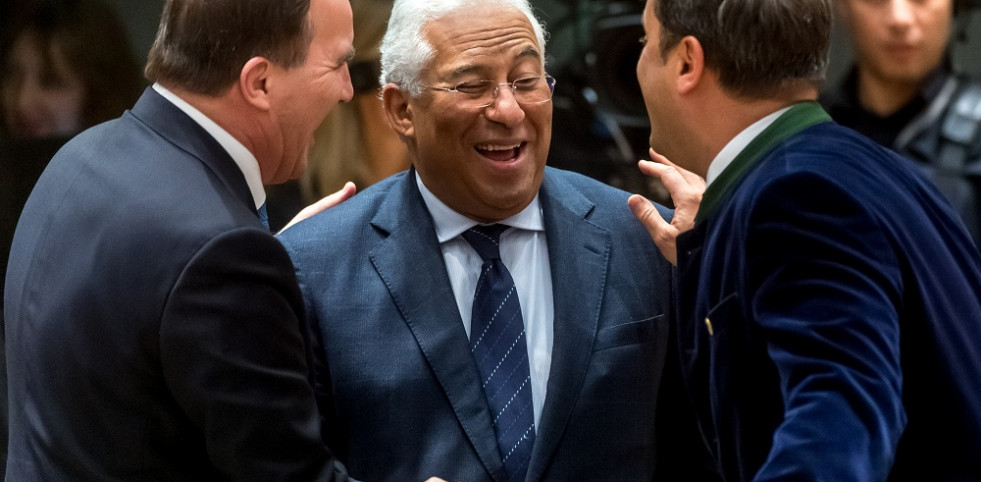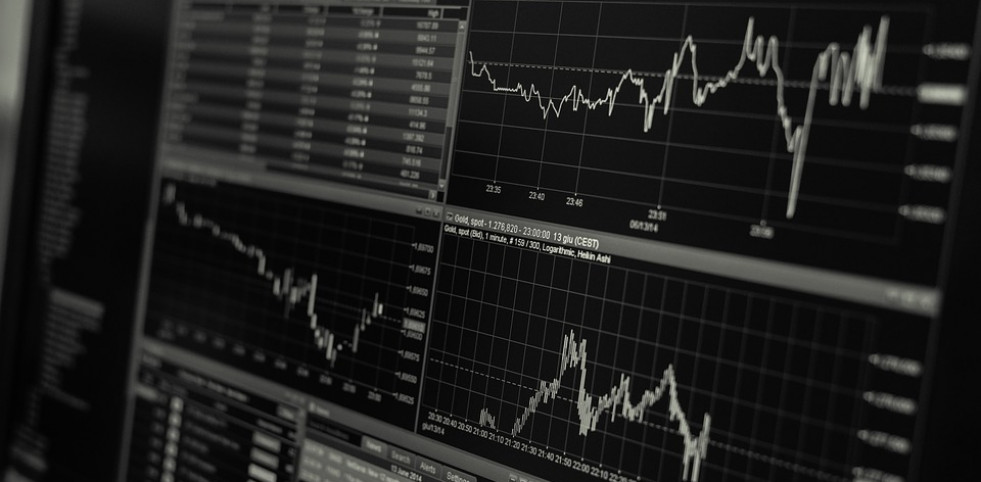news
Globalisation does not respect borders. Donald Trump knows this well, although in their proclamations and tweets, he prioritizes nationalisms.
US uses a tariffs policy against Chinese imports and is attempting to do it same with those from Mexico.
It all in December 2016, at the beginning of his mandate, when the president of the United States proclaimed his goal to put "America First" (America above all).
It seems that this is a process of American economic decline, despite all their inventions.
The international diary was tensioned by the Trump administration's measures as regards tariffs on Chinese products.
There are growing concerns over the impact of the current trade tensions.
The disagreements between the US and China go deeper than just the imposition of tariffs by President Trump on the country that economically could finally overshadow the American giant.
The global economy would be threatened by the emergence of neo-protectionist measures in the First World countries.
After an agreement signed in 2001 with Hugo Chávez, Cuba began exporting professional services (mainly health personnel) to Venezuela, which bought 75% of these services.
Spain and Portugal are two of the countries that hardest hit by the economic crisis in Europe.
To understand the prospects for financial markets in 2019, we need to remember the uncertainty and volatility of 2018.
The sluggishness in Europe is more evident, given our high degree of external openness.
The last few months have been marked by a slowing of the European and Spanish global macro-economy.
THE ECONOMY JOURNAL
THE ECONOMY JOURNAL ALL RIGHTS RESERVED
Aviso legal - Política de Cookies - Política de Privacidad - Configuración de cookies



